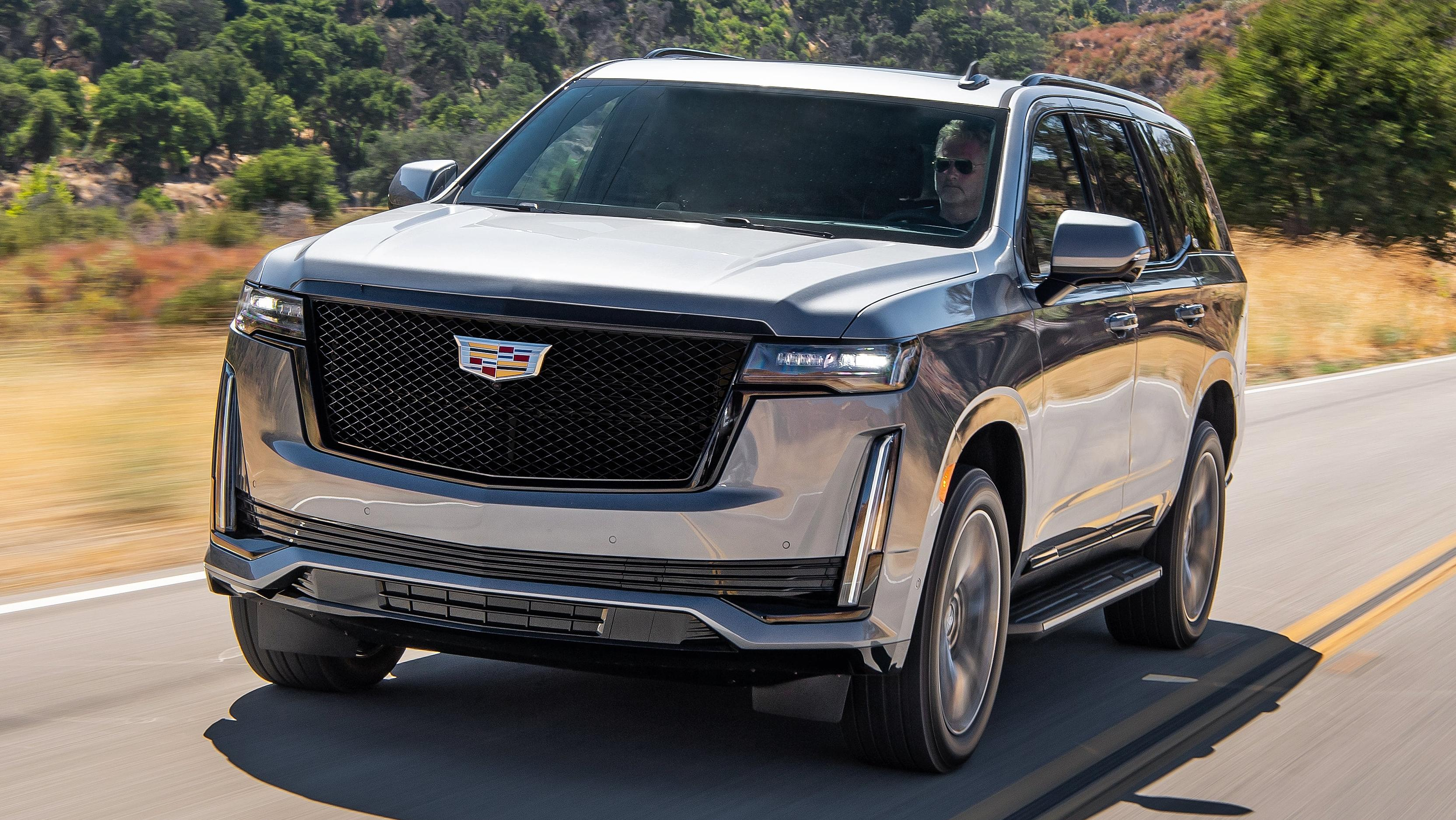American Automakers Are Learning A Bleak Lesson About Selling Cheap Cars
In the old days, American automakers' business strategy was, as Alfred Sloan's GM put it, "a car for every purse and purpose." The idea was that automakers wouldn't make much on cheap cars for younger buyers but those buyers would stay brand loyal and grow up to buy cars the automakers do make a lot of money on. That hasn't been automakers' strategy for a few years now, but it seems the chip shortage has really pushed automakers hard in the opposite direction, which is bad news for those of us interested in cheap cars.
(It's Memorial Day, so we're running some of our favorite posts from the last few months while we watch Indy, eat garbage and hug/hi-five our troop friends and family. We hope you're having a lovely holiday weekend!)
That's because if you dig through GM's first-quarter earnings, released this morning, you could divine a pretty clear message. If you listened to GM's CEO Mary Barra on her call with investors, you could hear an even clearer one.
From Reuters:
Through the haze of production cuts and supply-chain snafus, some automakers are discovering they can deliver better results without stockpiling vehicles or padding sales volumes with low-priced, low-margin models.
"We'll never go back to that level of inventories that we held pre-pandemic because we've learned we can be much more efficient," Barra told analysts on a conference call on Wednesday, though she added future supplies would be "a little higher" than current levels to satisfy customer demand.
"It's better for everybody," she said. "It's better for the car company, it's better for the dealer."
Barra added the No. 1 U.S. automaker was focused on maximizing production of high-demand vehicles like the full-sized Chevrolet Silverado pickup, and GMC Yukon, Chevy Suburban and Cadillac Escalade SUVs.
The leaner vehicle supplies allowed GM to raise average new-vehicle transaction price by 9% overall, including 10% for pickups and over 20% for large SUVs, Chief Financial Officer Paul Jacobson said.
That's right: The chip shortage has provided GM with some insights, one of the big ones being, Why the hell are we bothering selling the things that aren't very profitable and not more of the other things that are?, the kind of powerful insight that no business can ever unsee. Well, it's not like the Big Three couldn't see it before but it mostly kept doing things the old way because, uh, tradition or something.
Auto executives, especially at the Detroit Three, have talked for years about more closely matching production and inventories to customer demand, moving away from endless rounds of discounts and year-end clearance sales. The pressure to keep factories running, and a tradition of aiming for higher sales volumes, kept the prize out of reach.
If you want to see what a successful automaker that explicitly does not pursue "a car for every purse and purpose" looks like, have a look at any of the luxury brands but especially one like Volvo, who, in recent times, has explicitly not gone for volume and has done very well for itself.
And this also, to be clear, is bad, if we were hoping to have good affordable American cars for the foreseeable future, assuming that a $25,000 Tesla might never materialize, on our shores at least. Because, if GM's finally realized that it doesn't have to sell the Spark or any of its cheap SUVs, that might be the ballgame.
It would not be the end for affordable cars here — wake me up when Toyota gives up on the Corolla, or Kia gives up on the Soul — but it would still be the depressing culmination to a trend that started years ago.
